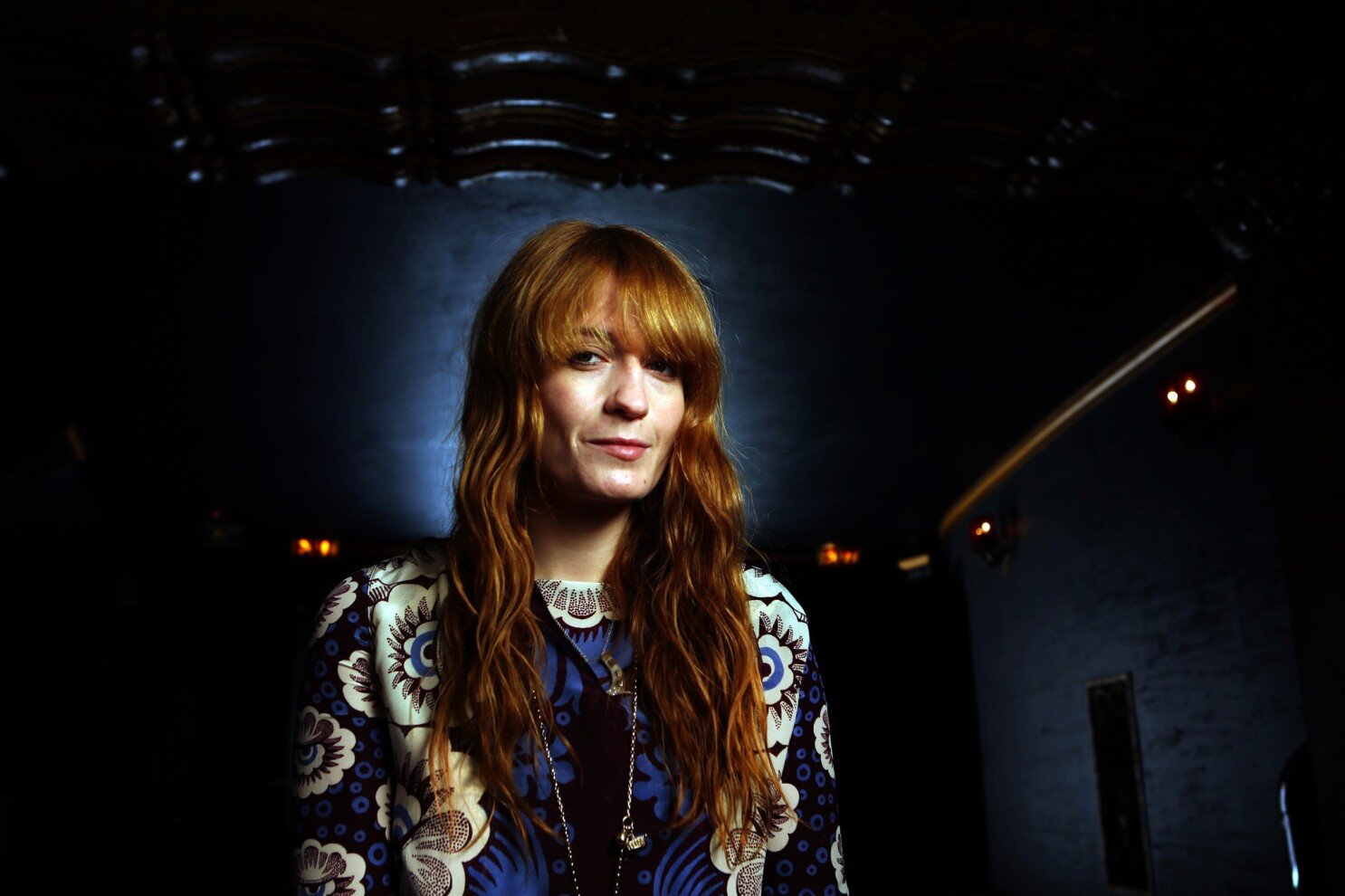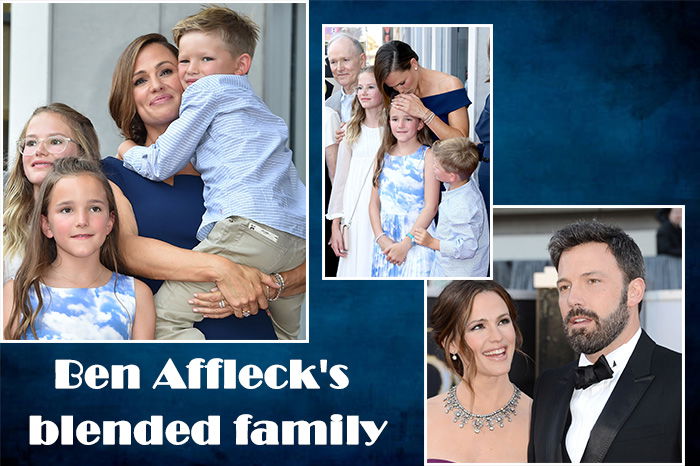 Florence Welch opens up about her sobriety. Image Source: LA Times
Florence Welch opens up about her sobriety. Image Source: LA Times
Florence Welch opens up about her sobriety.
Florence Welch, who is famously known as the frontwoman of Florence and the Machine, recently appeared on Munroe Bergdorf’s podcast The Way We Are and reflected upon her decision to become sober after eight years. She revealed that she realized that she had an alcohol consumption problem around the release of 2011’s Ceremonials album and decided to stop drinking.
Florence said that in terms of navigating being in the public eye, she thinks that sobriety is the best thing she has ever done and detailed that it took her a long time to come to terms with the fact that she had a problem with drinking because she was one of those drinkers where it was either all or nothing at all.
During the conversation, Florence told Munroe that this as a "big wake-up call" for her because if she was enjoying her drinking, she could not control it, and if she controlled her drinking, she did not enjoy herself. In the Lungs period, the singer-songwriter said, it was acceptable for her to be a disorganized mess since that is what the album, which was released in 2009 and went on to achieve multiplatinum status and featured songs like Dog Days Are Over and Comic Love, was about.
The second album by Florence and the Machine, Ceremonials, debuted at the top of the UK albums chart, received two Grammy nominations, and gave birth to the worldwide smash song "Shake it Out." The singer said that her drinking issues reached a crisis point and she needed to take control of it. She added that she was a well-known artist who believed that the drinking issue should never be made public and should be kept under control at all times as things became greater for them in the ceremonials advertisement.
Florence said that Ceremonials' splendor and glitz served as a barrier for her from the chaos that existed behind the scenes, and she speculated that this may be the reason the album and record are so brooding. Florence Welch was told by Munroe Bergdorf that her favorite Florence and the Machine album is Ceremonials and that it spoke to her at a trying moment in her gender transition.
In an earlier April cover story for Vogue, Florence admitted that lockdown was difficult and noted that when someone is sober, they live in an unvarnished reality 24 hours a day without a break. However, she claimed that because she believes it was probably the closest she has ever come to even considering drinking again, she fucking empathizes with anyone who did relapse over those two years because it was indeed tough. It is "a marvel," the singer continued, that she didn't revert to her previous eating habits as well. (She battles anorexia, an eating problem.)
Florence said that it's the cover of enormous glitz and a vast cathedral of sound that one uses to sort of obfuscating and allude to all the problems they are facing without actually expressing it. Florence said that the first few months of her rehabilitation were lonely, and explained that she had got into music to drink. The singer made the declaration that her three favorite things are drinking, partying, and singing. She remembered how hard her first two years of sobriety had been for her but added that she was pretty much the first one to get sober.
The singer said on the show that she wants to let anyone who is struggling with the first two years of sobriety know that it does get better and that being sober has given her some creative freedom. She claims that she had no true independence from alcohol and that it controlled every aspect of her life. She recalls how, once she started drinking, the booze would tell her what to do, who she should hang out with, and so on.
Florence can now move around the world with so much freedom and independence, and she is so much more in tune with what she wants, what she likes, and what she wants to make. She says that her decision to stay sober for almost eight years now has been a blessing for her.
You may reach the national alcohol helpline Drinkline in confidence at 0300 123 1110, or you can go to the NHS website here if you or someone you know is addicted to alcohol.





